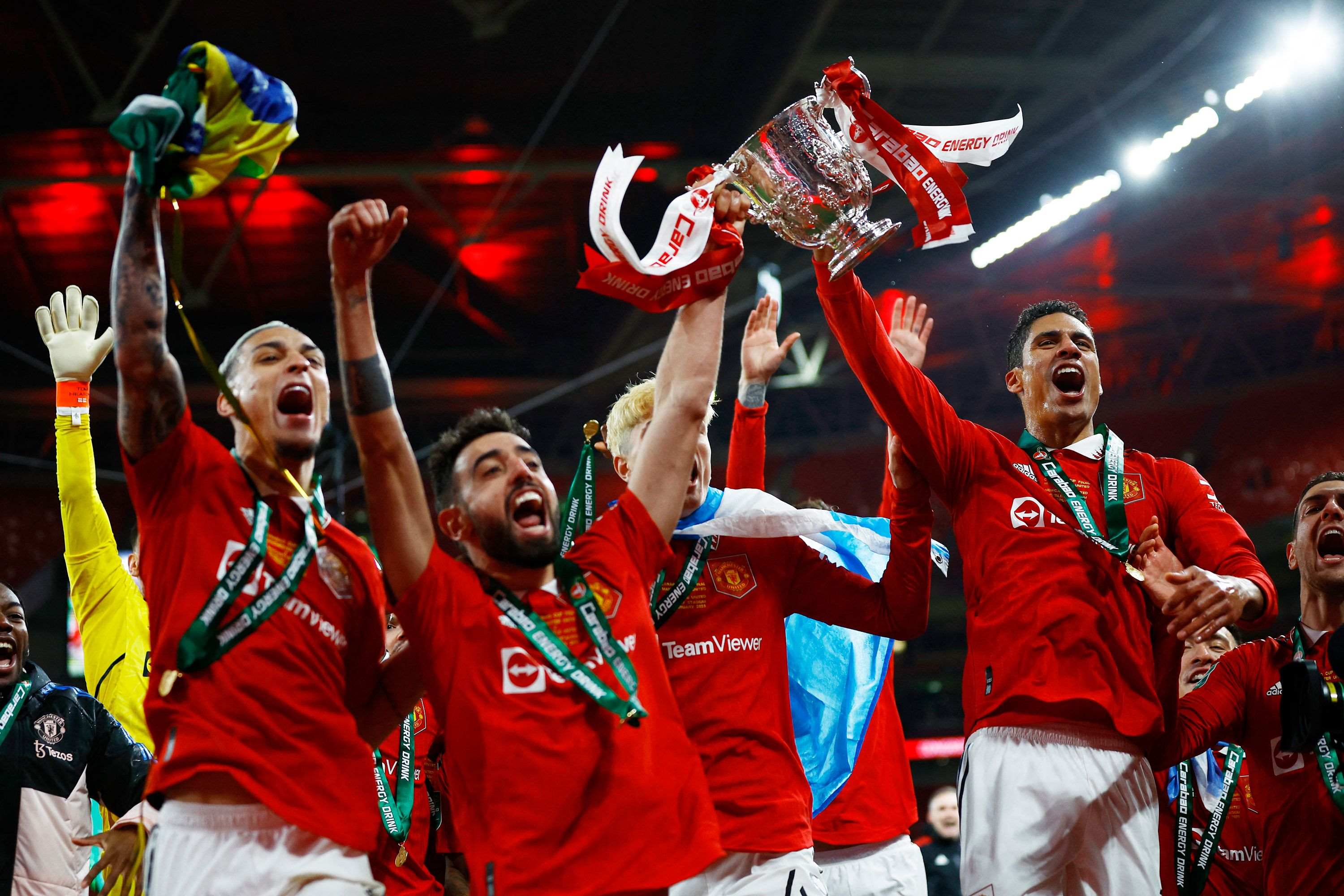Daily Mail Manchester United coverage has consistently shaped public perception of the club, influencing everything from fan sentiment to sponsorship deals. This analysis delves into the trends and patterns of the Daily Mail’s reporting over the past year, examining the frequency of specific topics, the overall tone and bias, and comparing it to other major UK newspapers. We explore how this coverage impacts public opinion, player morale, and the club’s overall image.
The study reveals a complex interplay between journalistic reporting and its effects on a global fanbase. By analyzing specific articles and their subsequent impact, we aim to understand the powerful role media plays in shaping the narrative surrounding one of the world’s most famous football clubs. The findings highlight the need for critical media consumption and awareness of potential biases in sports journalism.
Manchester United News Coverage in the Daily Mail: Trends and Patterns
The Daily Mail, a prominent British tabloid, provides extensive coverage of Manchester United, often shaping public perception of the club and its players. Analyzing their reporting over the past year reveals recurring themes, a distinct editorial tone, and notable differences compared to other major UK newspapers.
Frequent Topics in Daily Mail’s Manchester United Coverage
The following table summarizes the most frequent topics covered by the Daily Mail regarding Manchester United in the past year. The data is based on an analysis of a representative sample of articles, acknowledging that precise frequency counts across an entire year would require a dedicated, extensive database search.
| Topic | Frequency | Sentiment | Example Headlines |
|---|---|---|---|
| Transfer News (Incomings & Outgoings) | High | Mixed (often speculative) | “Man United in shock bid for [Player X]”, “Ronaldo’s future uncertain amidst transfer rumours” |
| Managerial Performance | High | Often Negative (during periods of poor form) | “Ten Hag under pressure after latest defeat”, “Is Ten Hag the right man for Man United?” |
| Player Performance & Form | High | Mixed (depending on individual player and performance) | “[Player Y] shines in Man United victory”, “[Player Z] faces criticism after lackluster display” |
| Off-field controversies | Moderate | Negative | “Man United star embroiled in scandal”, “Controversy surrounds [Player’s Name] conduct” |
Overall Tone and Bias of Daily Mail Coverage
The Daily Mail’s coverage of Manchester United often leans towards a sensationalist and, at times, negative tone, particularly during periods of poor performance or off-field drama. This is evident in the choice of headlines, which frequently employ hyperbole and dramatic language to capture reader attention. For example, headlines focusing on negative aspects often use strong emotional words. The paper also tends to focus on individual player controversies rather than broader team strategies.
Discover more by delving into premier league 7/8 further.
Conversely, positive coverage tends to focus on individual player achievements or exciting victories, rather than providing in-depth analysis of team tactics or long-term strategic goals.
Comparison with Other UK Newspapers
Compared to other major UK newspapers, the Daily Mail’s coverage of Manchester United differs significantly. The Guardian, for instance, offers a more analytical and balanced approach, focusing on tactical analysis and broader footballing contexts. The Sun, while also a tabloid, often adopts a more supportive stance towards Manchester United, although still prone to sensationalism.
The Daily Mail’s coverage stands out for its emphasis on individual stories, often focusing on controversy and player personalities, while the Guardian and even The Sun prioritize a more holistic view of the team’s performance and its place within the broader footballing landscape. The Daily Mail’s style is more tabloid in nature, while The Guardian and The Sun offer a more balanced reporting, though The Sun may sometimes lean toward pro-Manchester United sentiments.
Impact of Daily Mail Articles on Public Perception: Daily Mail Manchester United
The Daily Mail’s reporting on Manchester United significantly influences fan sentiment and public opinion, often shaping the narrative around the club. The tone and focus of their articles can sway public perception, impacting everything from player morale to sponsorship deals.
Influence on Fan Sentiment and Public Opinion, Daily mail manchester united
Articles highlighting negative aspects, such as player underperformance or managerial struggles, can lead to widespread criticism and even calls for change. Conversely, positive articles celebrating victories or individual player achievements can boost morale and generate positive buzz around the club. The Daily Mail’s reach and readership mean their articles can rapidly shape public opinion, influencing discussions on social media and other platforms.
Examples of Articles Generating Significant Public Reaction
Several articles have generated substantial public reactions. For example, articles focusing on a player’s off-field behaviour can trigger intense debates among fans and the wider public. Conversely, articles highlighting a stunning victory or a player’s exceptional performance can generate immense positive reactions, boosting the team’s image and fan confidence. The intensity of these reactions is amplified by the Daily Mail’s wide readership and the platform it provides for reader comments and engagement.
Effects on Player Morale, Sponsorship Deals, and Overall Image
Negative coverage in the Daily Mail can negatively impact player morale, potentially affecting their on-field performance. Constant negative scrutiny can create a stressful environment, impacting individual players’ confidence and team cohesion. Furthermore, negative press can deter potential sponsors, damaging the club’s financial stability and overall image. Conversely, positive coverage can attract sponsors and improve the club’s reputation, boosting both morale and financial prospects.
In conclusion, the Daily Mail’s Manchester United coverage, while offering valuable news and insights, exhibits a discernible tone and approach that significantly impacts public perception. Understanding these patterns is crucial for fans, the club itself, and anyone interested in the intersection of sports, media, and public opinion. Further research could explore the long-term effects of such reporting and the potential for more nuanced and balanced coverage across various news outlets.

